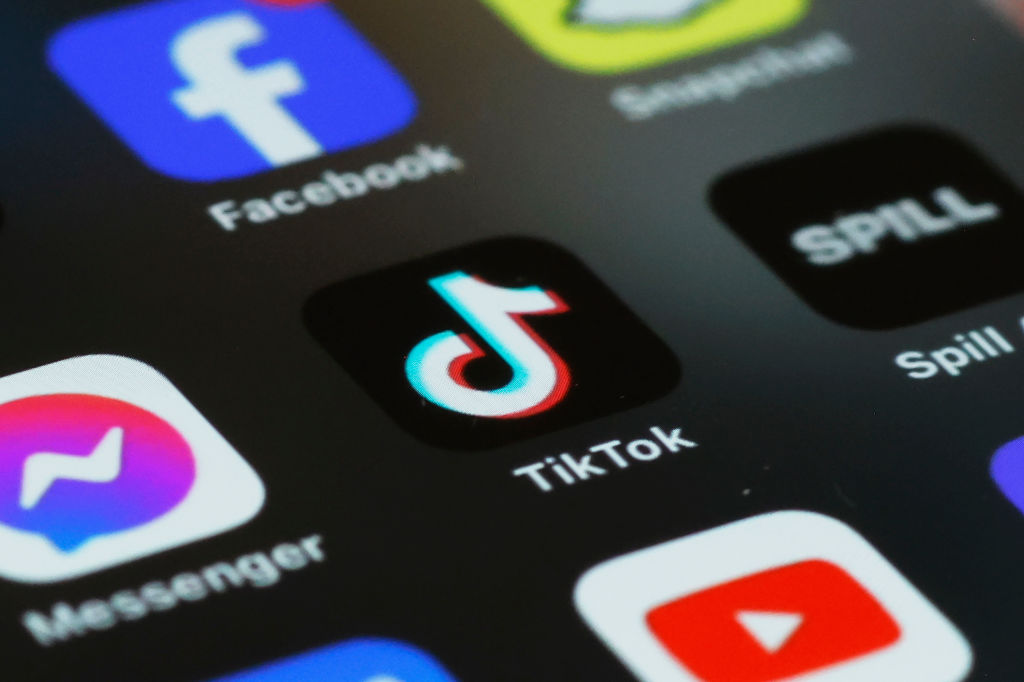After today’s Supreme Court ruling, TikTok is set to be banned in the United States on Sunday following the refusal of its parent Chinese company, ByteDance, to sell the social media app to a US company.
In a digital landscape dominated by social media apps owned and curated by US companies, TikTok is the most successful app to have come out of China. It has over 170 million American users — most of the US population — largely young people, and also a significant number of businesses that use the app to advertise their wares.
Whether the ban will actually occur remains anyone’s guess. Joe Biden has said that his administration doesn’t plan to implement it during its last days in the White House, and Donald Trump, who had originally tried to ban the app during his first term, later vowed to save it (after accumulating some fourteen million followers on the platform).
The court, in its decision to uphold the Protecting Americans from Foreign Adversary Controlled Applications Act, signed by President Joe Biden last spring, stated that national security concerns outweigh the potentially harmful consequences to freedom of speech. The justices were sympathetic to the US government’s argument that, since ByteDance is a Chinese company, there are potentially serious risks that arise from the possibility that it will be required to share data about its American users with the Chinese government. There were also risks, the justices affirmed, that the Chinese government could influence the quality of the content circulating on the app, to the detriment of the interests of American citizens.
But the fact that the government has refused to act in a similarly protective manner in relation to US-owned social media apps is telling. Regulation is…
Auteur: Siddharth Suhas Shanbhag

